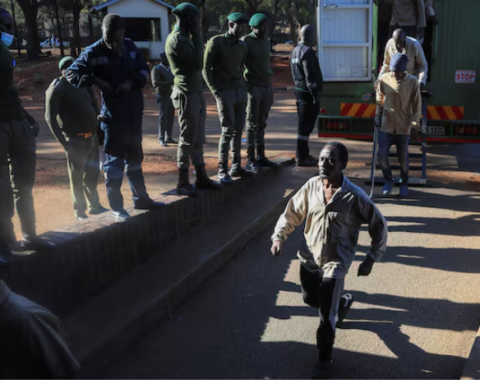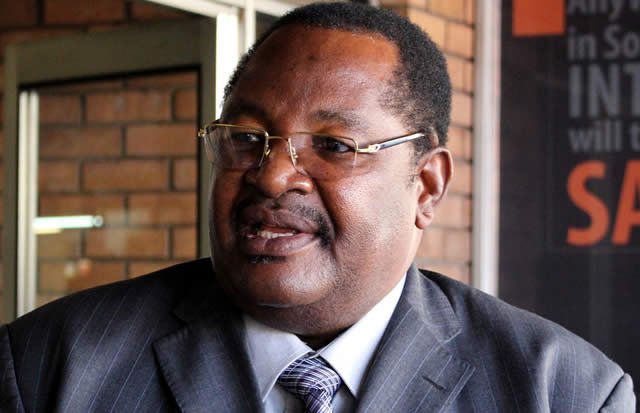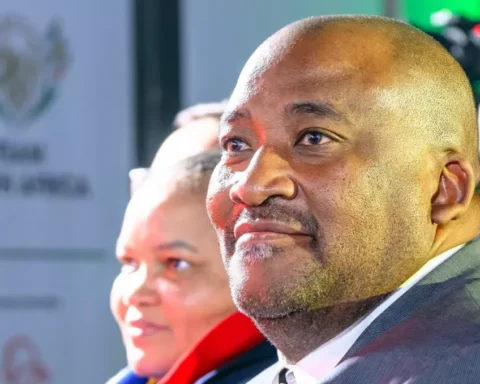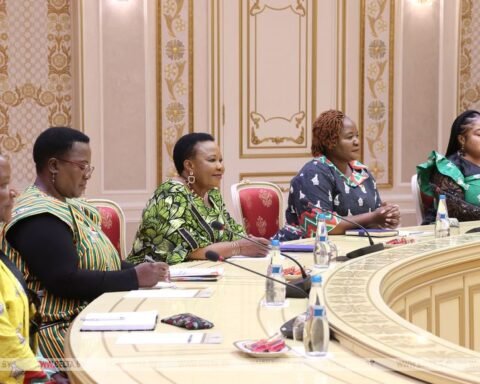Leaders of prominent churches in Zimbabwe, are falling over themselves as they seek to be seen as supportive of President Mnangagwa.
Voting for a political candidate is an important way in which we as citizens strive to achieve the common good. But this is often fraught with ambiguities that make it difficult. Likewise, there are often deep moral questions at stake to which the Church should have a clear message. It is therefore understandable that some might desire the input of the Church regarding who might be the best candidate.
Being Zimbabwean means religion, God, children, and family, that may seem like an oversimplified definition, but it holds true for the majority.
Church has become a big influence on many people in Zimbabwe and the politicians understand that this cannot be ignored.
Political party leaders are already canvassing in churches as they always do in the run up to elections, but this time around things are a bit different. President Mnangagwa has gone a touch further than Robert Mugabe in lining up church leaders to rally behind his campaign.
Mnangagwa has managed to win over not only the traditional apostolic churches but the Pentecostal and prophetic church leaders as well. The likes of Makandiwa and Uebert Angel and Magaya are all singing praise for his government with the help of these influential church leaders on his side he can possibly win the 2023 elections.
The trouble with most of the people who go to such churches is that they take the words of their church leaders as instruction from God.
This in turn means that it then becomes difficult for those congregates who view their church leaders as the voice of God to make independent political decisions.
Thusly, they block vote as instructed by the leaders (God’s voice).
Some would argue nothing wrong with that. It’s politics well played right?
But how should churches engage with their congregations with regards elections in the right way? First, I think they should understand the difference between endorsing candidates and influencing public policy. These are two very different activities for churches. Churches must engage in affecting public policy, to ensure it is informed by the tenants of their beliefs.
Most of our church leaders seem to focus on associating themselves with political leaders and endorsing them as opposed to trying to influence policies that can benefit the country and their congregations as well as citizens at large.
In addition to influencing public policy, churches should motivate their congregations to vote according to the principles in God’s Word.
Zimbabwe has lost the mooring of God’s Word there is deep seated corruption across the country. Christians need to re-engage in public policy debate in order to influence laws at both the local and national government levels.
The churches can do this in the following ways:
Educate yourself and your members on issues being considered and bills being debated at the local government level and issues being decided in our National Assembly.
Work to build relationships with legislators in local areas and engage with stakeholders at the state level.
Encourage your congregants to call or write their representatives and urge them to vote according to biblical values.
The church in Zimbabwe has been woefully silent on many issues not least corruption. One is left to wonder is it because the church now lacks that moral authority and ground or the church leaders themselves now part of the rotten corruption that is rampant in Zimbabwe?








